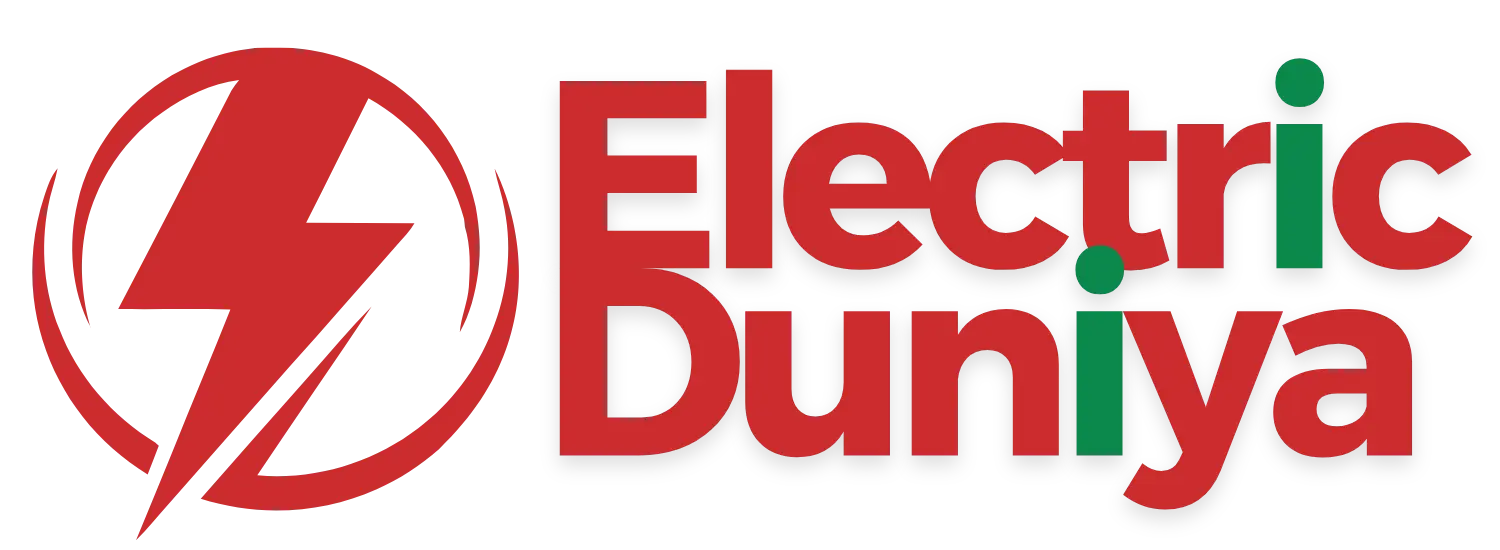Kilowatt-Hour (kWh)
A kilowatt-hour (kWh) is a unit of energy that measures how much electricity is consumed or stored over time, widely used to define EV battery capacity and efficiency.
Overview
The kilowatt-hour (kWh) is one of the most critical units in the electric vehicle (EV) ecosystem. Unlike a kilowatt (kW), which measures power or instantaneous output, a kWh represents energy over time. In other words, it tells us how much electricity is used, stored, or delivered in one hour at a rate of 1 kW.
In the EV industry, kWh is most commonly used to express battery capacity. For example, an EV with a 60 kWh battery can theoretically deliver 60 kW of power for one hour or 6 kW for ten hours. The higher the kWh rating, the more energy the vehicle can store, which directly impacts driving range.
How Does It Work?
The kilowatt-hour is calculated as:
Energy (kWh) = Power (kW) × Time (hours)
-
Battery Capacity: An EV battery rated at 75 kWh can supply 75 kilowatts for one hour, or a smaller amount of power over a longer duration.
-
Energy Consumption: EVs often list efficiency in terms of kWh per 100 km, showing how much stored energy is required for driving.
-
Charging: When plugged into a 10 kW charger for 3 hours, an EV receives about 30 kWh of energy.
This measurement provides clarity for both vehicle range expectations and charging cost calculations.
Features of Kilowatt-Hour (kWh)
-
Battery Storage Metric
Defines how much energy an EV battery can hold, directly influencing range and performance.
-
Consumption Benchmark
Used to measure driving efficiency (kWh per mile or per 100 km), enabling comparisons across EV models.
-
Charging Indicator
Helps drivers calculate charging time and electricity costs based on charger speed and energy delivered.
Applications in EV
-
Battery Capacity Measurement: A 100 kWh battery offers more range than a 40 kWh battery, making kWh central to EV purchasing decisions.
-
Energy Efficiency Rating: Automakers use kWh per distance metrics to highlight how efficiently their EVs use stored electricity.
-
Charging Costs: Electricity providers bill charging sessions based on kWh consumed, helping drivers estimate expenses.
-
Fleet Management: Operators track kWh usage to optimize route planning, charging schedules, and energy efficiency.
-
Range Estimation: EV owners often calculate how many kilometers or miles can be driven per kWh of stored energy.
Conclusion
The kilowatt-hour (kWh) is the cornerstone of EV energy measurement. It determines battery capacity, efficiency, and charging economics, making it a vital term for anyone exploring electric mobility. By understanding kWh, drivers and industry stakeholders can better evaluate range, performance, and overall energy sustainability.

